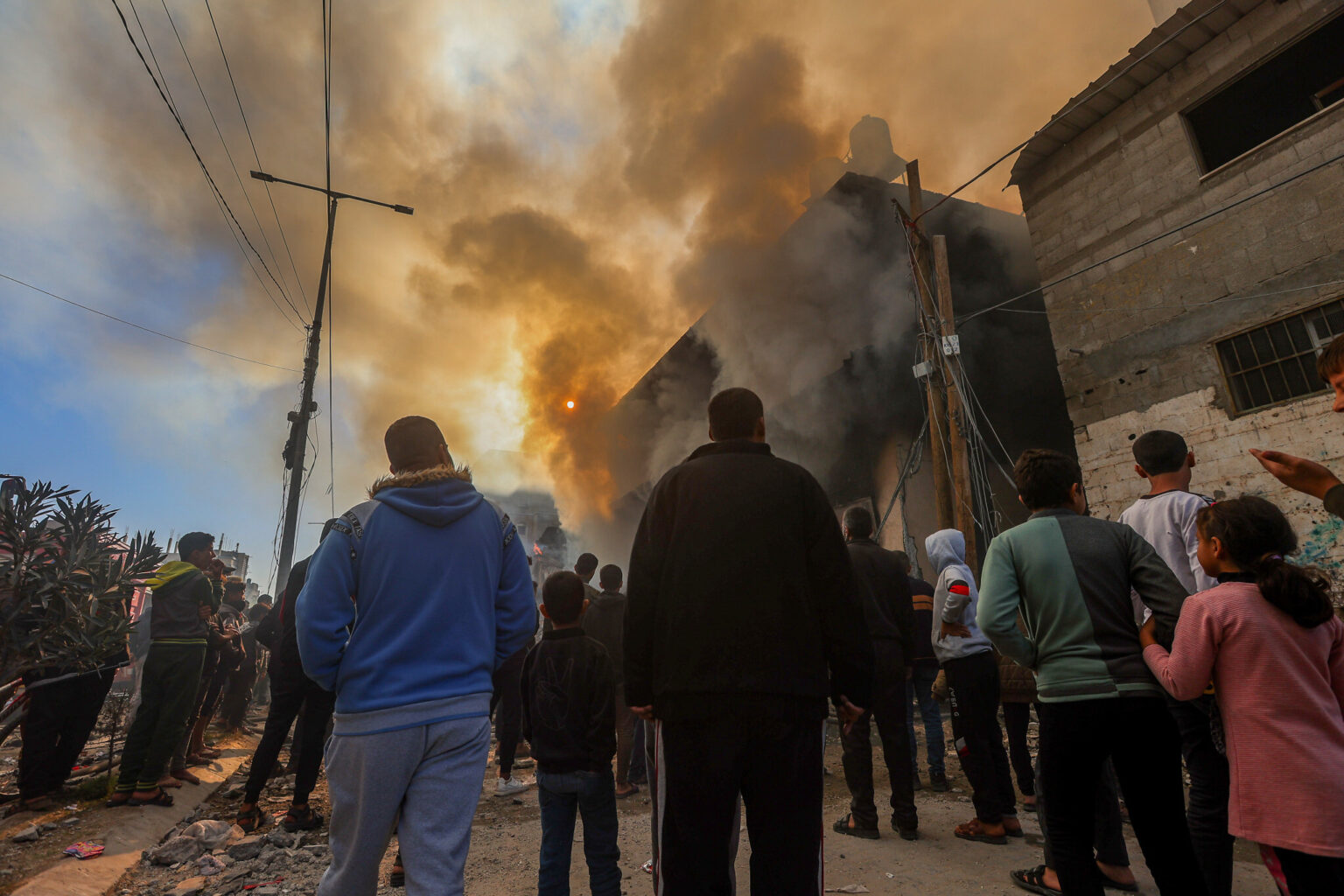Table of Contents
Challenging Mediation Efforts
Qatar’s Prime Minister and Foreign Minister, Sheikh Mohammed bin Abdulrahman Al Thani, expressed his concerns about the slow progress in ceasefire negotiations between Israel and Hamas in Gaza. Despite remaining optimistic, he acknowledged the challenging nature of the talks, citing the divergence in positions between Israel and Hamas. The ongoing discussions, involving officials from the United States, Egypt, Israel, and Qatar, have yet to yield a deal for a pause in the Israeli attacks.
Mediator’s Optimism Amidst Difficulties
He urged all parties involved to continue working towards a peaceful resolution, stressing the importance of dialogue and compromise in reaching a long-lasting agreement that would benefit all people in the region.
The Sheikh’s remarks come at a critical juncture as tensions in the Middle East continue to escalate, with violence and unrest plaguing the region. Despite the obstacles that lie ahead, he expressed his confidence that with perseverance and determination, a resolution can be achieved.
As Qatar continues to play a key role in mediating the conflict, Sheikh Mohammed’s words serve as a reminder of the importance of diplomacy and cooperation in finding a sustainable solution to the ongoing crisis.
Sheikh Mohammed stressed that a truce should not be contingent on a deal to release the hostages held by Hamas. He lamented the misuse of this dilemma by some countries, emphasizing that the conditional nature of a ceasefire deal based on the hostage issue has complicated the negotiation process.
Israel’s Response and Hamas’s Demands
Netanyahu’s negotiators stated that they are willing to discuss a ceasefire with Hamas, but cannot accept the terms laid out by the militant group. They emphasized that Israel will continue its military operation in Gaza until it achieves its goals of stopping Hamas’s rocket attacks and destroying their infrastructure.
The US has been urging both sides to reach a ceasefire to end the violence that has been ongoing for over a week, resulting in the deaths of hundreds of Palestinians and several Israelis. President Biden has been in contact with both Israeli and Palestinian leaders in an effort to de-escalate the situation.
Despite the setbacks in negotiations, there are hopes that a ceasefire can still be reached to prevent further loss of life and destruction in Gaza and Israel. The international community continues to call for an end to the violence and for both sides to return to the negotiating table to find a peaceful resolution to the conflict.
Escalating Tensions and Domestic Pressure
The situation has intensified, with Netanyahu vowing to press ahead with a ground offensive in Rafah, despite growing international pressure. His commitment to destroying Hamas and achieving “total victory” underscores the escalating tensions. Domestically, Netanyahu faces pressure to bring home the remaining hostages in Gaza and address the aftermath of the conflict.
Hamas has blamed Israel for the lack of progress in achieving a ceasefire deal and has threatened to suspend its involvement unless relief supplies are brought into the north of Gaza. This has raised concerns among aid agencies about the shortage of food, water, and medicine in the territory. Internationally, there have been protests in various parts of the world, demanding an immediate ceasefire and expressing solidarity with the Palestinian cause.
The continued stalemate in the ceasefire negotiations between Israel and Hamas has highlighted the urgent need for a resolution and the provision of humanitarian aid to address the dire situation in Gaza. The ongoing efforts of mediators like Qatar, amidst the challenging dynamics between the conflicting parties, underscore the need for sustained diplomatic engagement and international support to alleviate the suffering of civilians affected by the conflict.
Conclusion
As ceasefire negotiations between Israel and Hamas in Gaza face significant hurdles, the role of mediators and international stakeholders becomes increasingly pivotal. The pressing need for a resolution and humanitarian assistance underscores the urgency for a diplomatic breakthrough in the ongoing conflict. The coming days will be crucial in determining the prospects for a ceasefire and the alleviation of the suffering endured by civilians caught in the midst of this protracted crisis.

1 Comment
Pingback: Aaron Bushnell 25 The US airman set on Fire at Israel Embassy